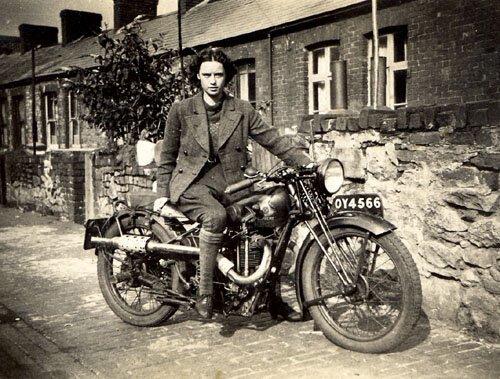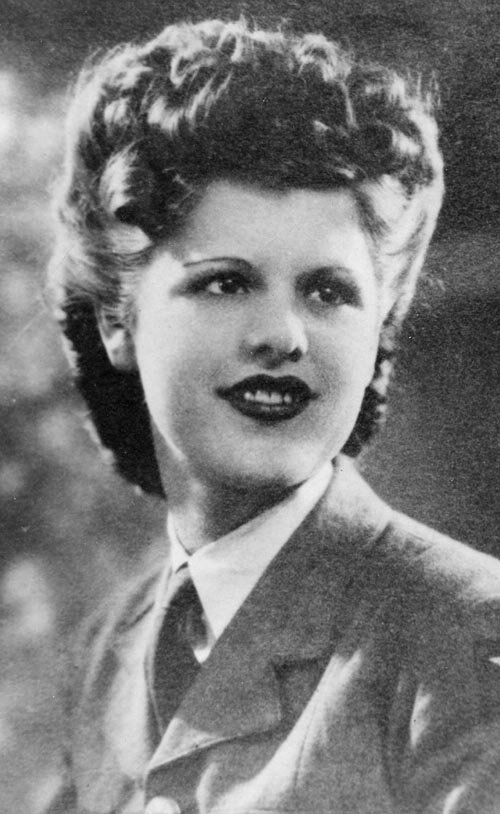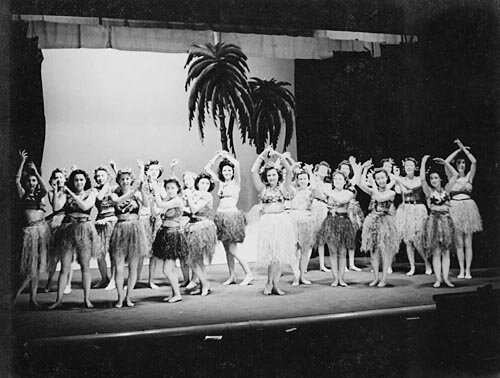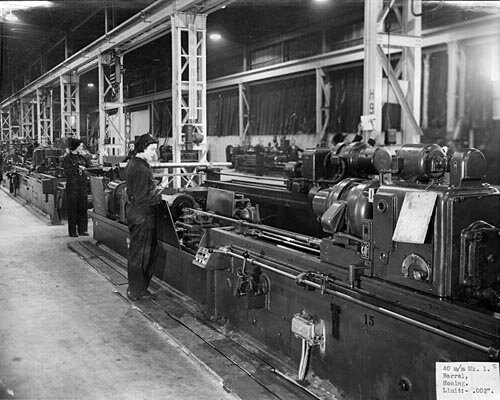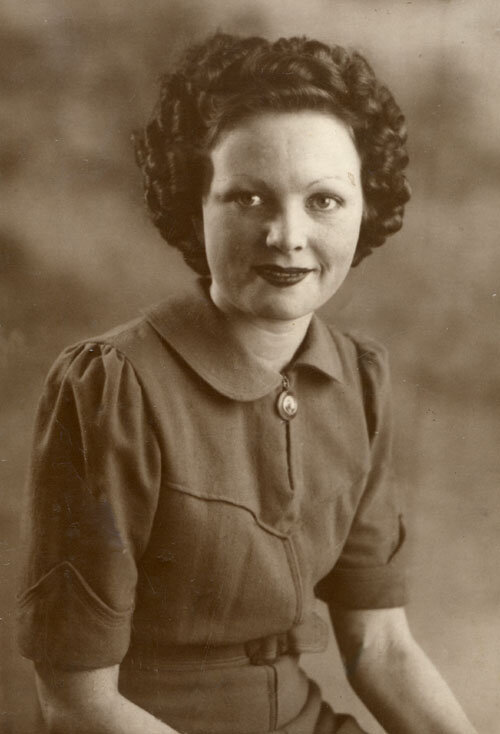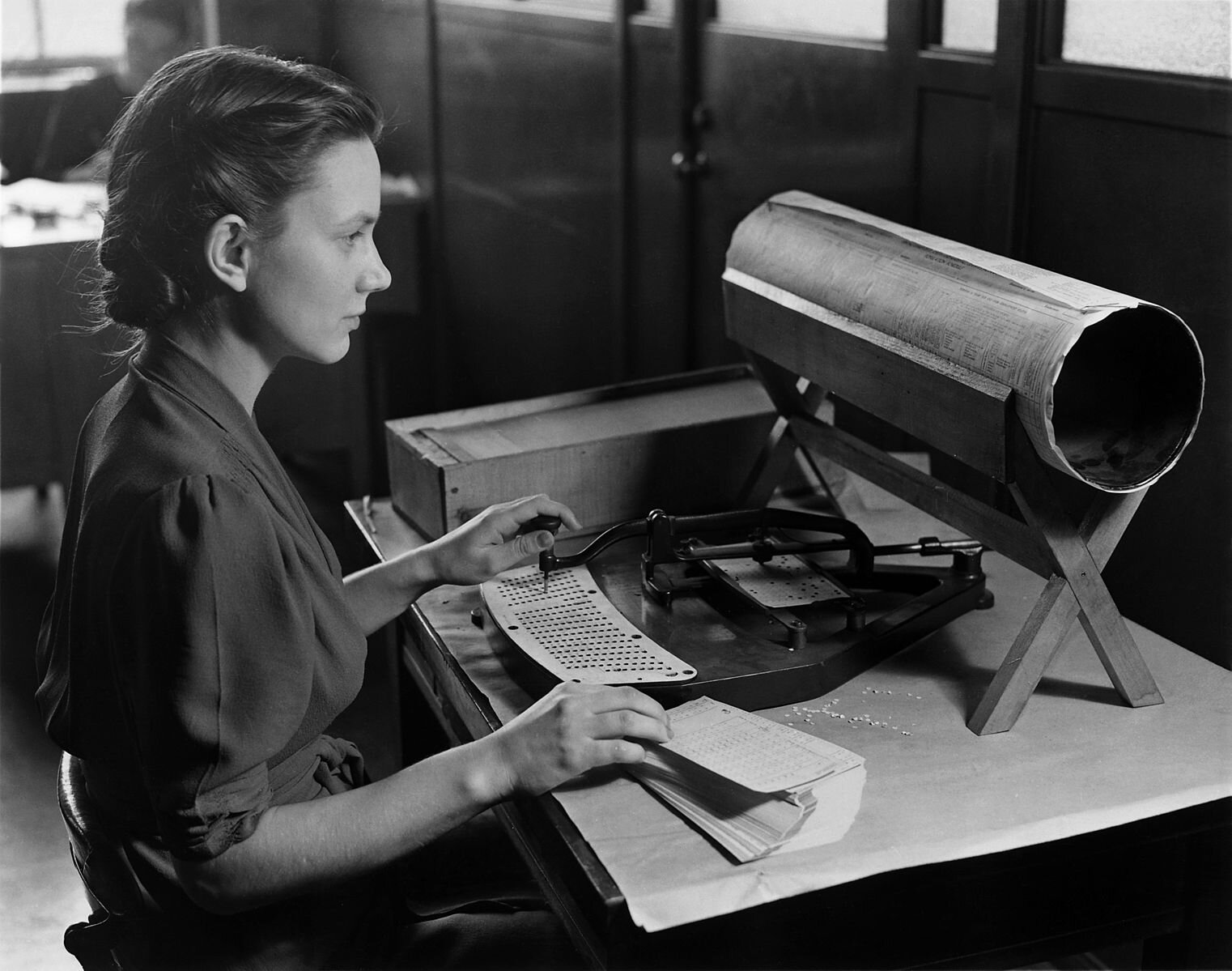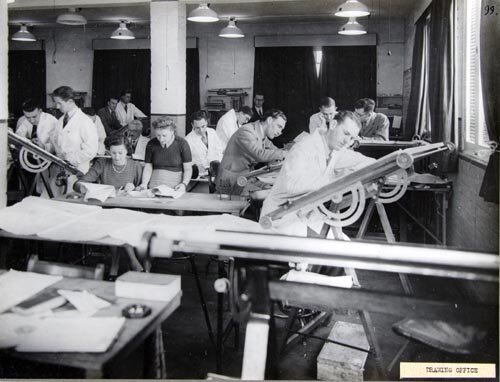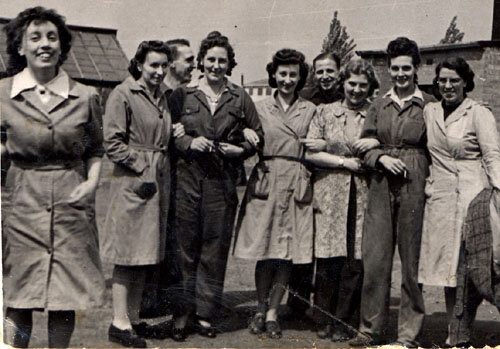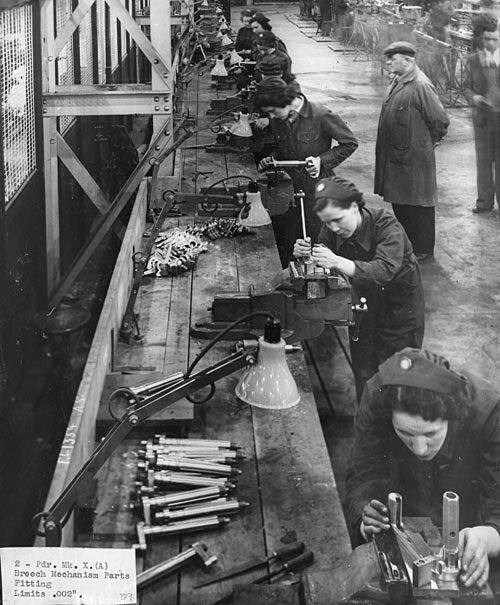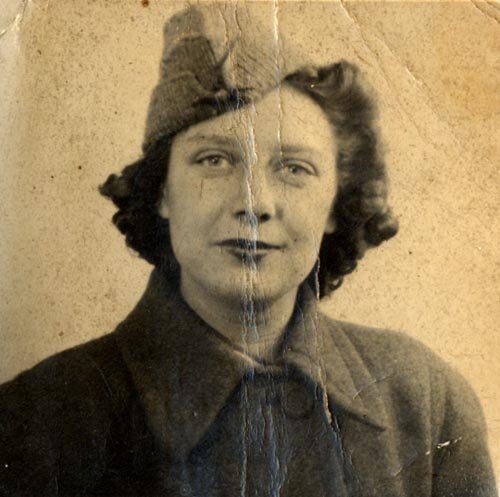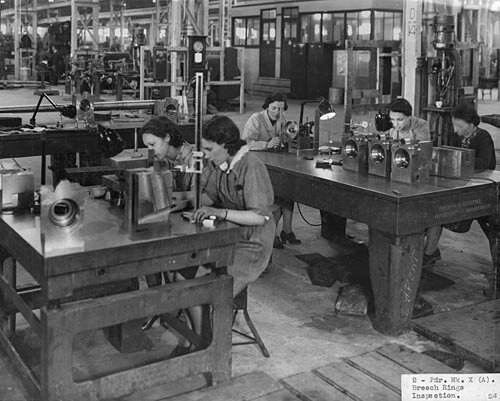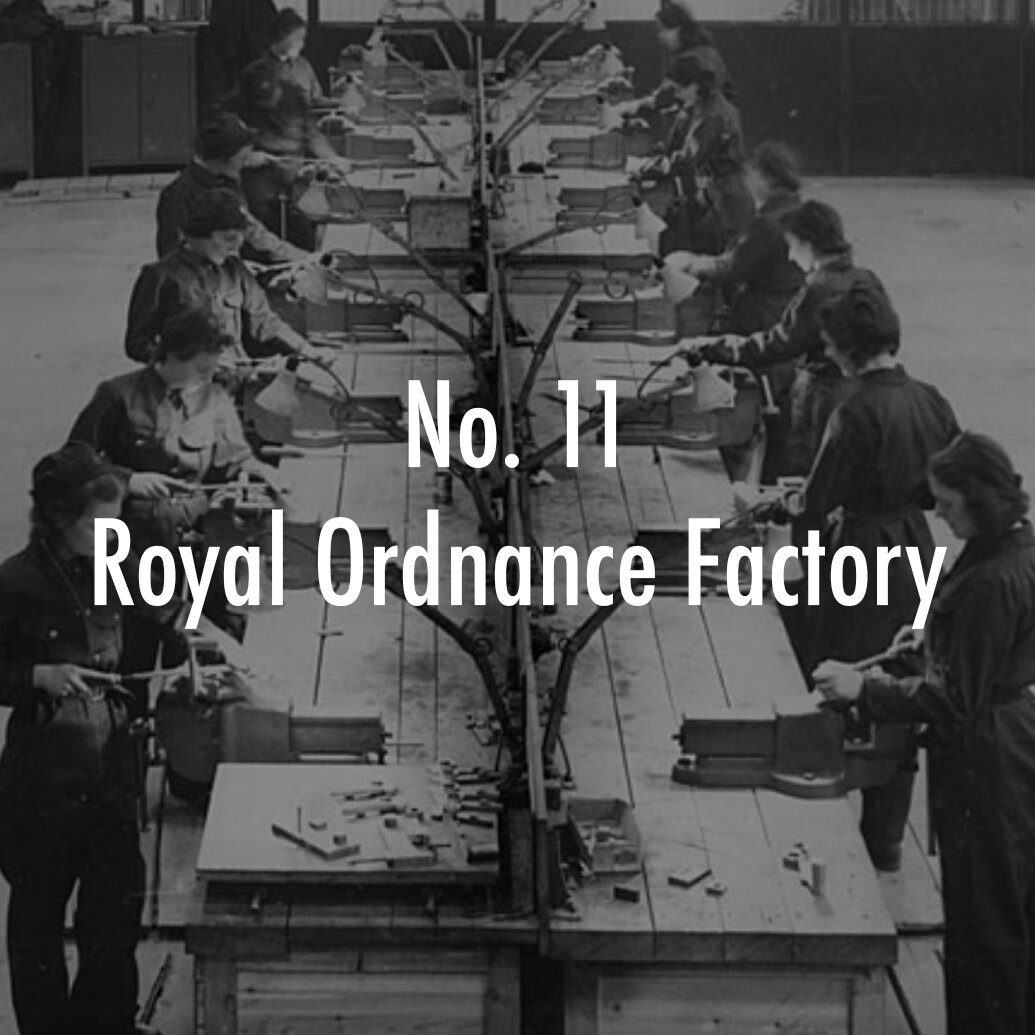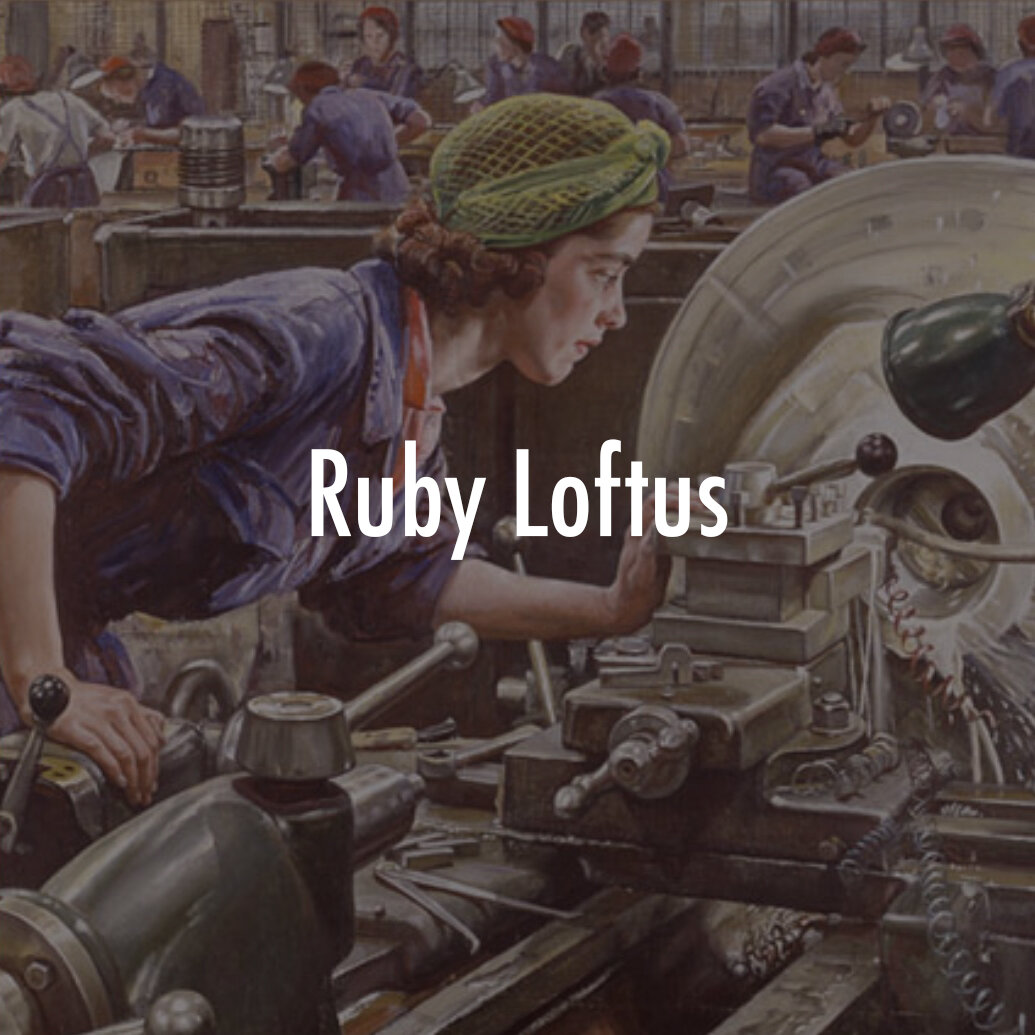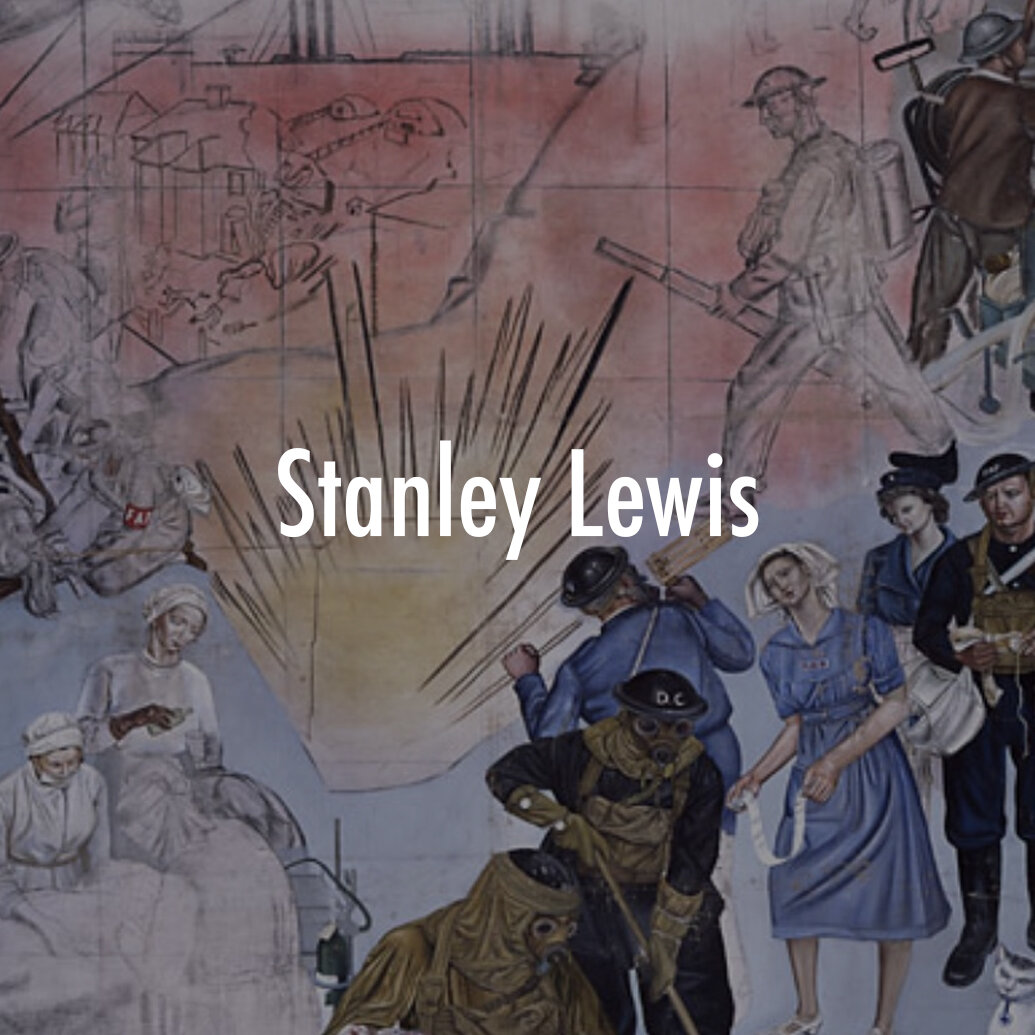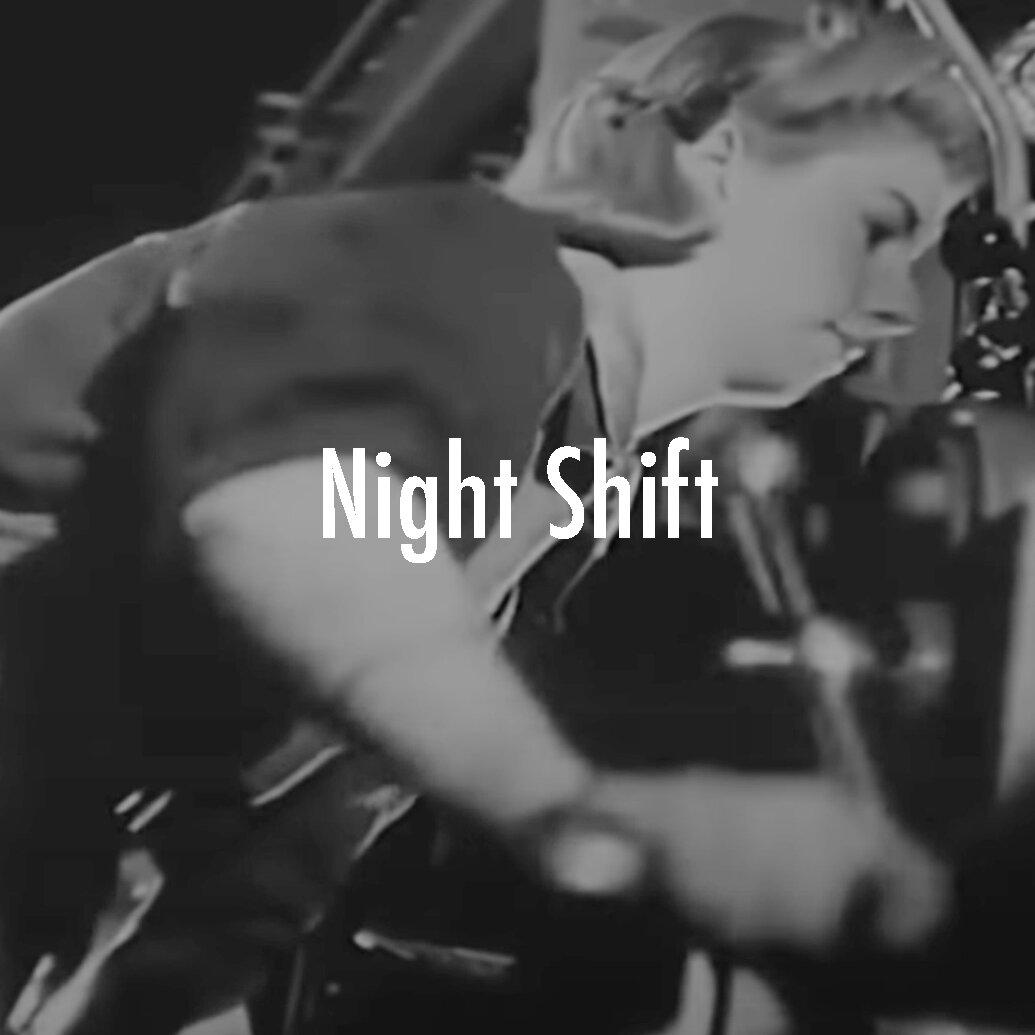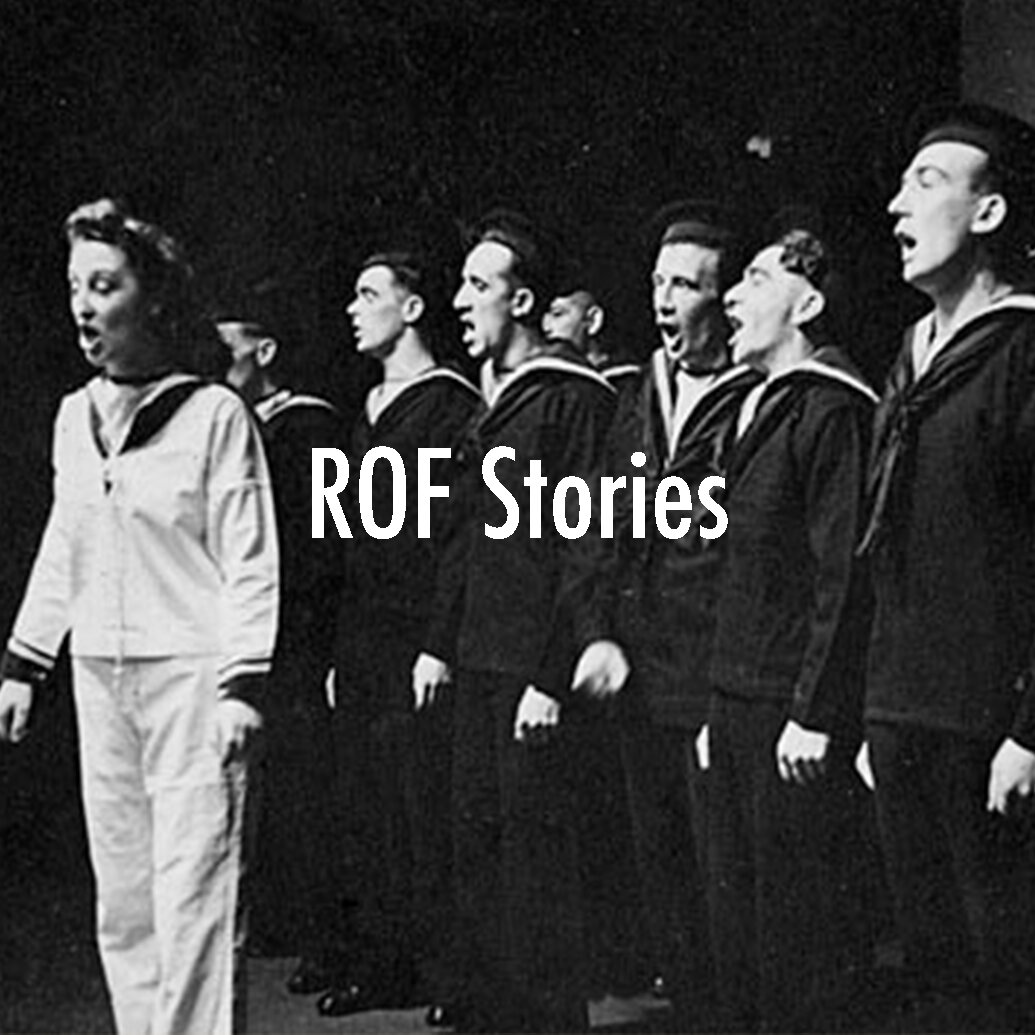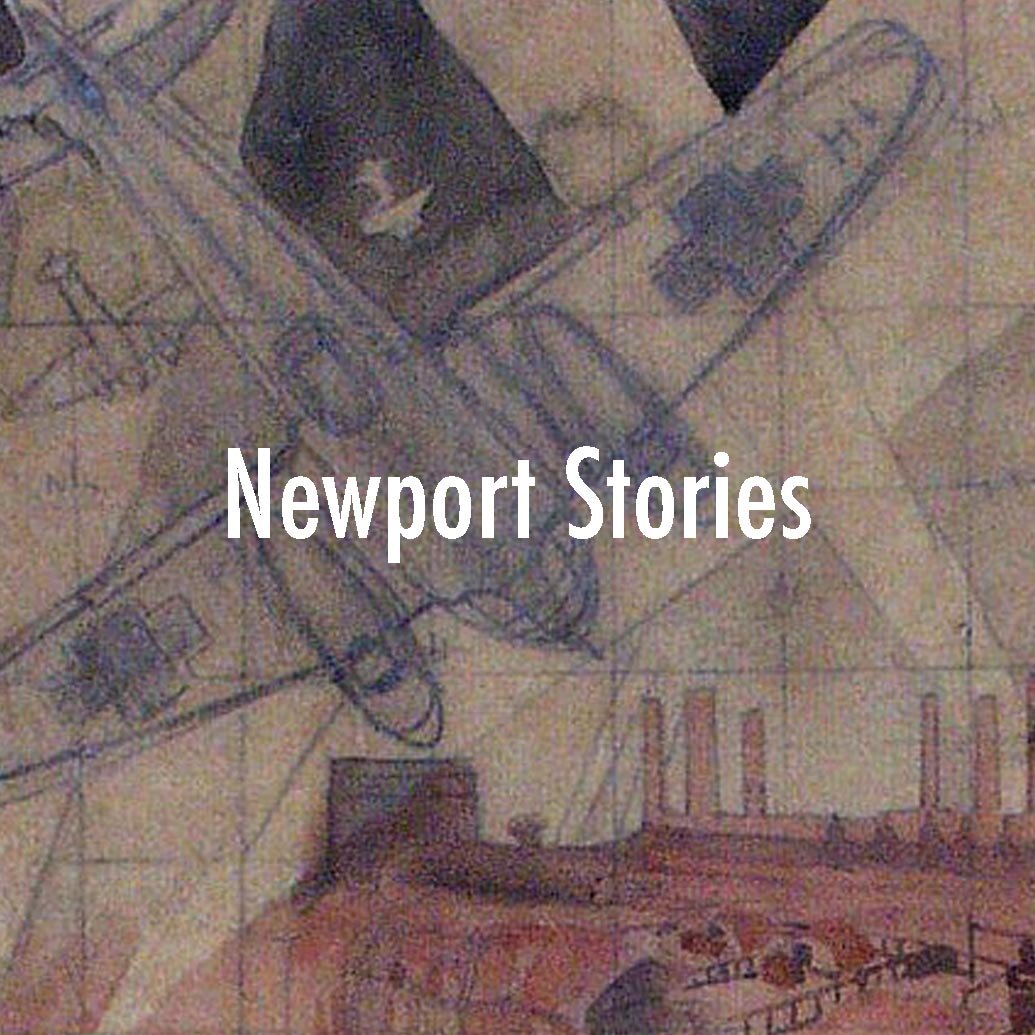ROF Stories:
All at Sea
In 1940 Edna Lucas was working in the Welfare Department of the new Number 11 Royal Ordnance Factory in Newport.
This is her story.
"In February 1940, before ROF Newport was built, I was taken on as assistant to the Labour Officer, Mr Thomas. Later, when so many women were employed, it was necessary to appoint Mrs Florence Vanstone specifically as the women's Welfare Supervisor. (Mrs Vanstone originally came from Devon but had gone to the Isle of Skye with her husband Freddy, who then came to Newport as an employee of the Public Works Department, helping to build the Factory.)
At first we were working on site in the "bungalow building" and the Factory was built around us. At that time the Labour manager was inundated with applications, interviewing 100 women a week. We all had to take a test in arithmetic, English and general knowledge.
We were entertained with film shows twice a week, ENSA concerts and dances to the music of our own orchestra. It was one of my jobs to look after visiting performers.
On one occasion, I'd been up all night looking after Ben Lyon and Bebe Daniels who'd been putting on a show. I got back at 3.30 or 4.00 am. I was rushing to get to work the following morning when Mr Galbraith, the Factory Superintendent, stopped his car to give me a lift.
"You're late!" he said. I explained that I'd been up all night looking after Bebe Daniels and Ben Lyon. "Take the afternoon off then," he said. "I can't do that, I'm much too busy. And besides, it wouldn't be fair on the others!" He was rather intimidating.
We also made our own entertainment. Freddy Bayliss organised a concert group. One performance had a Hawaiian theme. All At Sea - A Musical Voyage was performed at the Little Theatre in Dock Street during December 1943.
The costumes were home-made raffia skirts and ruched bikini tops, made out of gauze from the first aid supply. They went to entertain wounded servicemen at the nearby transit hospital and half way through the act, Dorothy's skirt fell down, which seemed to cheer all the men up.
My wages were £2 10s 0d per week. My shift in the office began at 8.30 am and ended at 5.30 pm and we worked on Saturday mornings too, but we often worked overtime on top of that. On Sundays there were often meetings to attend and the Women's Home Guard training
The day Ernest Bevin visited, we were told that all the machines had to be manned. Canteen staff filled vacancies. We called it "dressing the house".
Night shift, day shift, the canteen was going all the time. I remember soup and rice pudding; late workers could get a sandwich if they stayed after 6 o'clock, which was worth doing - we were always hungry. There was a market garden inside the ROF grounds which supplied vegetables. It was run by a man called Walter.
We had a Factory nurse, Sister Preece, whom we could see about health problems. She had a place called "the dark room" where exhausted workers could go and lie down. It wasn't particularly comfortable, just a couch and a blanket. After a while, Sister Preece would wake you up with a cup of tea.
There were lectures on health matters like venereal disease and scabies, which was a common problem. It was so contagious and we were in close contact with large numbers of people, hanging up our clothes together. If you caught scabies, you had to go to the ablutions block where you had to wash with carbolic soap and your clothes were washed.
Everyone used to barter their rations; if you didn't need sugar, you could swap your ration for cheese, or clothing coupons.
We were allowed Max Factor "pancake" makeup once a month and Tangee lipstick was on sale, but it was only one colour - orange!
Lots of women were keen to leave the Factory and join the Forces. There was a mass application by 200 women to join the WRNS (Women’s Royal Naval Service). It was turned down. The response was to tip out the basket of applications on to the floor, in front of the applicants. We were apparently too important to the running of the Factory to spare.
We were keen to do everything we could to help the War effort and in the early 1940s Dr Edith Summerskill, the Labour MP for Fulham West, was campaigning for women to be allowed to join the Home Guard.
I wrote to her and following her advice, we formed the women's section of the Local Defence Volunteers in Newport. Half a dozen of us trained with the Territorial Army and their Commanding Officer, Clement Thomas, at the Drill Hall. We had gas attack drill, aircraft recognition and manoeuvres.
The ROF had its own armoury, which included Enfield 303 rifles. We formed a rifle club and practised shooting at targets placed at the end of the corridor. We would lie flat on the ground with the rifle propped against a sand-bag. We also learnt how to strip down and reassemble a Lewis gun and a Bren gun. We wanted to be able to defend our country and ourselves when the time came.
When Laura Knight came to paint Ruby Loftus, she set up her easel on the Factory floor with the noise of cranes and machinery all around her. Laura Knight was quiet and self-possessed, but very approachable. She worked hard at the painting all day and every day, starting early in the morning. She was so engrossed in her work that I had to take her by the arm to go and get a hot drink from time to time. When she did have a break, she sometimes made caricatures of people around her, like the foreman-carpenter.
In the office, one particular woman was very Welsh; she came from the Valleys and she was psychic. Once we had a session with an ouija board. There was a message warning of danger for one young woman's fiancée. Shortly afterwards we heard he had been killed. We were all very shaken. We didn't try that again.
At the end of the war I had the job of sending out 5000 invitations for the Peace Party on Saturday, 22nd September 1945. The Factory had been operating day and night for seven days a week all through the war - a remarkable achievement."
Edna Lucas
30th September 2004
